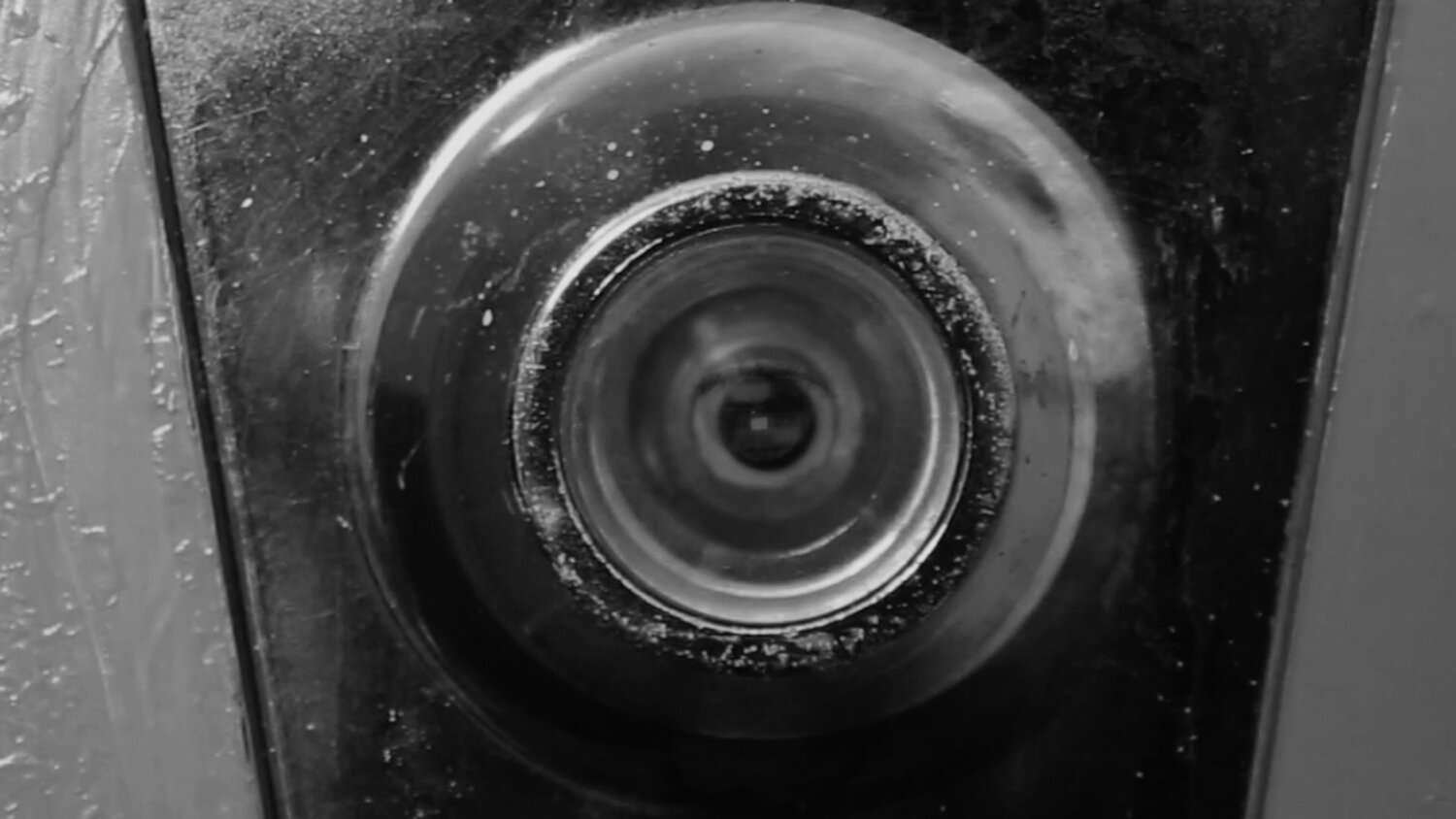Optimism and the Willfully Ignorant
We didn’t know.
That’s what Germans living near concentration camps said, almost in unison, once the killing factories were liberated.
Yes, we watched the trains packed with humans rolling toward the camps, saw the smoke rising from the “factory’s”chimneys, accompanied by an indescribable smell. But that, we couldn’t imagine.
We didn’t know.
Said the Northerners who read a big book written by a small woman about slavery as it was actually practiced rather than justified by Southern slaveholders.
Could it really be that bad?
Closer to our times. An Israeli intellectual living in the suburbs of Tel Aviv marvels at the deplorable conditions Palestinians endure in the Gaza Strip, less than 60 miles away.
Where’s the line between hoping for the best and ignoring the worst? Optimism is a great quality and no one practices it with more reverence than Americans. But the hidden cost of expecting (demanding) the best for ourselves is ignoring the plight of those who stand in the way of that vision.
Manifest Destiny, the grand notion that a new nation shall tame the wilderness coast to coast leaves out the inconvenient fact that there are already people living in the wilderness. People who have a very different idea about how to live on said land.
Optimism for us, reality for everyone else.
It is fair to say that most of us are okay with living in a world that has winners and losers, as long as we are not among the losers. As a teacher, I marvel at the efforts parents take to ensure their child goes to the best schools. Ensuring that other people’s children also go to good schools is a much lesser concern. It’s the natural order to have underfunded, underperforming schools, as long as our children don’t have to attend them.
And the best way to ignore the plight of others is to say:
We didn’t know.
Is it fair to say that the optimism we practice rarely extends beyond the narrow bounds of our own lives? And if we were to extend the grand vision we have for ourselves to humanity as a whole, would we go mad once we realize that expectation and reality are miles apart? Or would it lead to an expansion of universal consciousness that demands optimism for everyone?
Time will tell. In the meantime, we could try being cautiously pessimistic, which is not the same as being “realistic”. The problem with being realistic is that it confines us to our present reality. And unless you’re a billionaire, that’s usually not the best thing.
Change is what we’re after and nothing changes behavior faster than pain.
Signs of hope. According to a recent Pew Poll, 63 percent of Americans feel somewhat or very pessimistic about the moral and ethical standards in our country. 59 percent feel the same way about the education system.
When faced with a bad situation, there are there choices. We can, like the Zen master, accept it, we can try to change it, or we can deny its reality.
40 percent of fellow Americans have opted for the third choice. They live in a fact-free world, which is more dangerous than even the most rabid form of optimism.
If enough people in a society choose to be willfully ignorant, they will destroy both the ignorant and the wise.
And that kills any hope for optimism.
